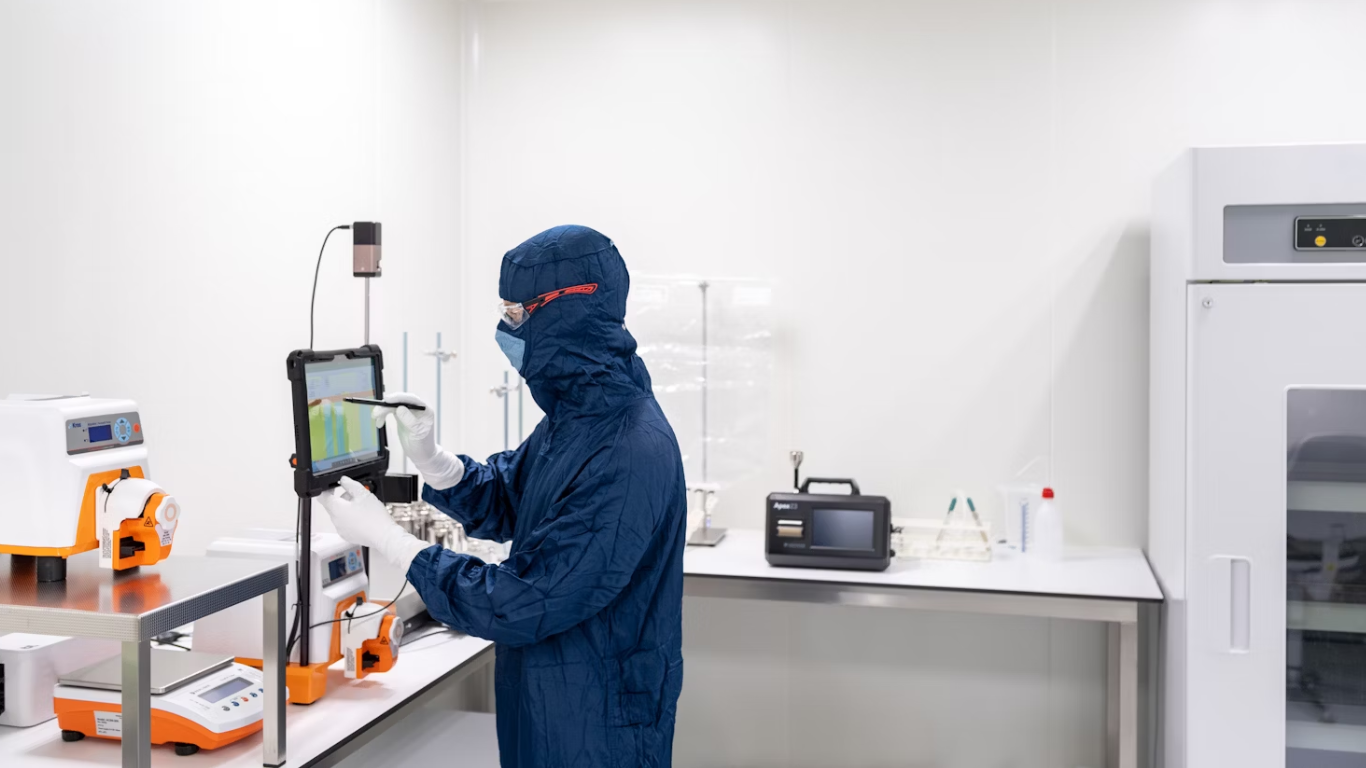By Stephen Taylor, Head of Pharma, LEMAN Americas
Regulatory compliance in pharmaceutical logistics is not about ensuring the products are picked up and delivered, but it is a crucial safeguard that ensures patient safety, product integrity, and that quality standards are upheld continuously. GDP compliance is a core requirement, providing a framework that governs the storage, transportation, and handling of medicines to prevent contamination, temperature deviations, and product degradation. Despite its importance, GDP compliance remains a challenge for many organizations, particularly those with complex international supply chains.
Digitalizing GDP compliance
One of the most common issues companies face is assuming that compliance is achieved solely through process documentation. In reality, successful GDP adherence requires a company-wide culture of precision training, proactive risk management, and real-time monitoring. A failure in maintaining GDP standards can lead to regulatory penalties, improper supply chain handling, and, most critically, compromised patient safety. Industry best practices indicate that the most effective approach is integrating compliance directly into operational workflows rather than treating it as a separate function. This helps ensure the practices are instilled into all personnel involved.
Our experience in the field has shown that companies investing in digitalized compliance solutions, such as real-time temperature monitoring and automated reporting systems, significantly reduce their risk exposure. By adopting a structured, data-driven approach to GDP compliance, logistics providers and pharmaceutical companies can create a more reliable and transparent supply chain standards globally.
AI-driven quality control
Compliance systems are not the only area being impacted by digitalization and technological advancements. Artificial intelligence (AI) is reshaping the pharmaceutical manufacturing process in ways that would have been unimaginable just a decade ago. One of the most significant advancements is the use of AI-driven quality control in medicine production, particularly in ensuring the precise dosing of active pharmaceutical ingredients (APIs). While traditional human oversight has long been the standard, AI-powered systems are now proving to be faster, more accurate, and more reliable, while also reducing labor costs.
The pharmaceutical industry is already witnessing a shift toward AI-driven automated vision systems, which can detect even the slightest inconsistencies in pill composition and packaging. These systems are reducing human error rates, increasing production efficiency, and ensuring stricter adherence to regulatory requirements. However, AI adoption in pharmaceutical logistics presents both opportunities and challenges. While AI can enhance route planning, predictive demand forecasting, and temperature monitoring, it also raises questions about data security, regulatory acceptance, and the need for human oversight in critical processes.
AI in pharma logistics
From a logistics perspective, AI-driven supply chain optimization is one of the most promising developments. The ability to predict and mitigate risks in real time allows pharmaceutical companies to respond proactively to avoid delays, disruptions, and capacity constraints. While AI is not a replacement for human expertise, it is undoubtedly becoming an indispensable tool in ensuring greater accuracy, efficiency, and compliance across the pharma supply chain industry.
